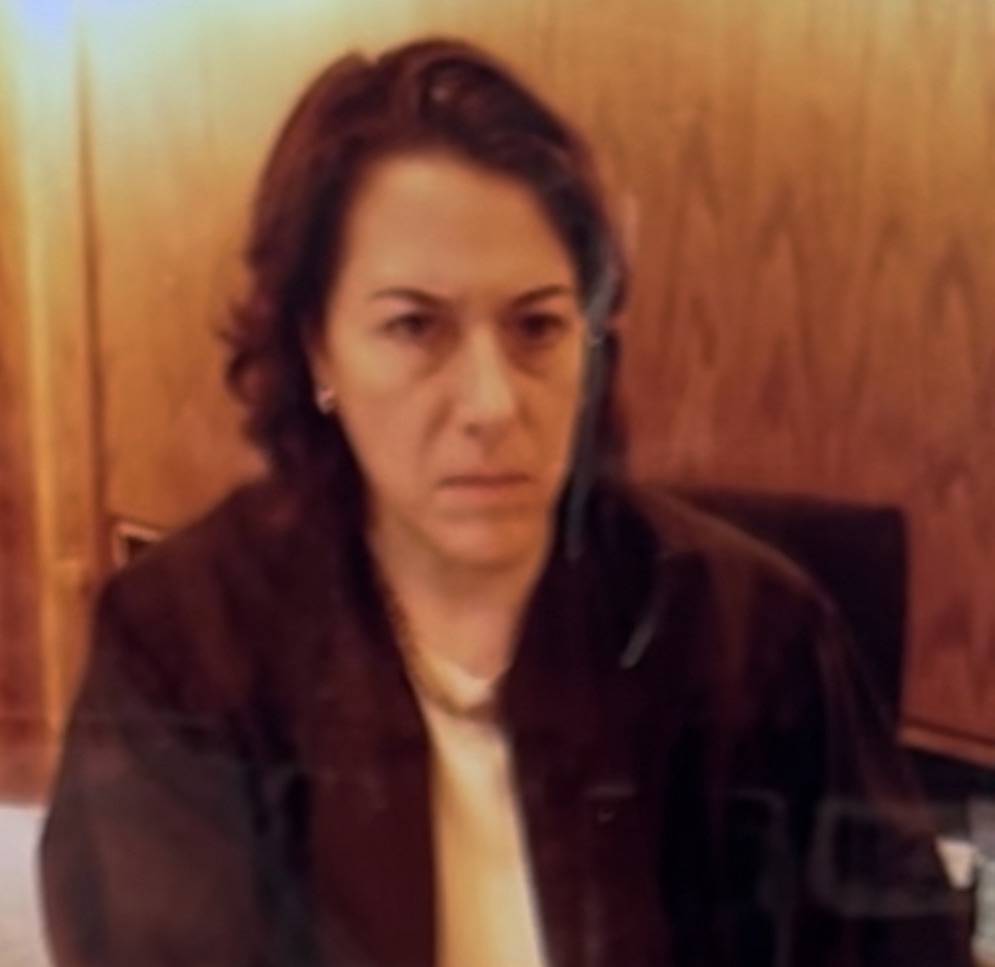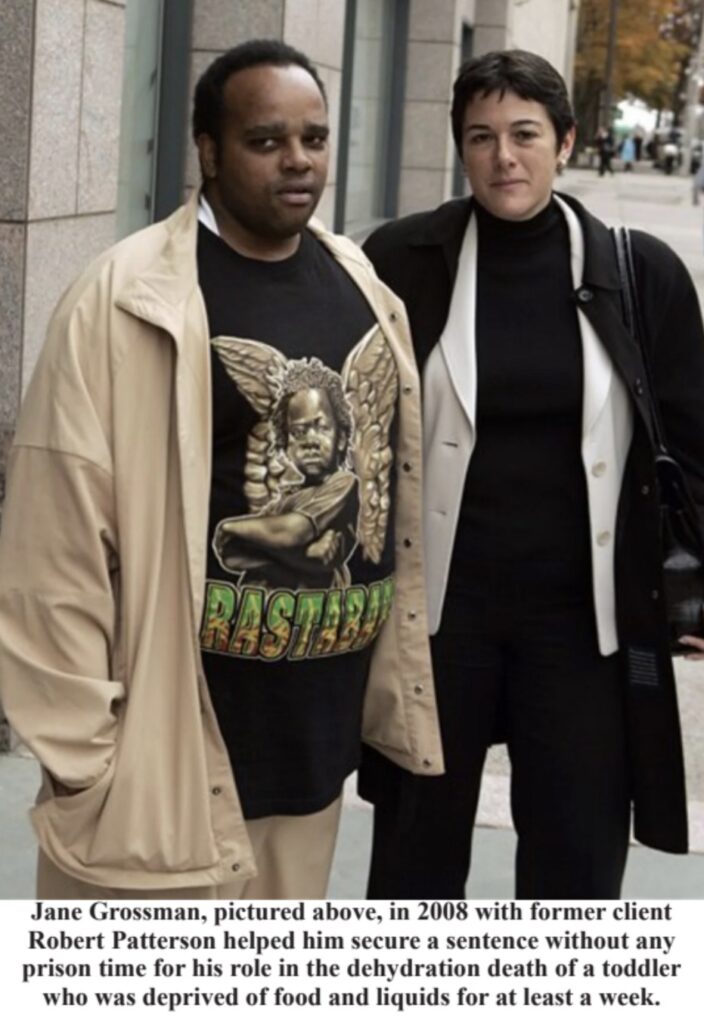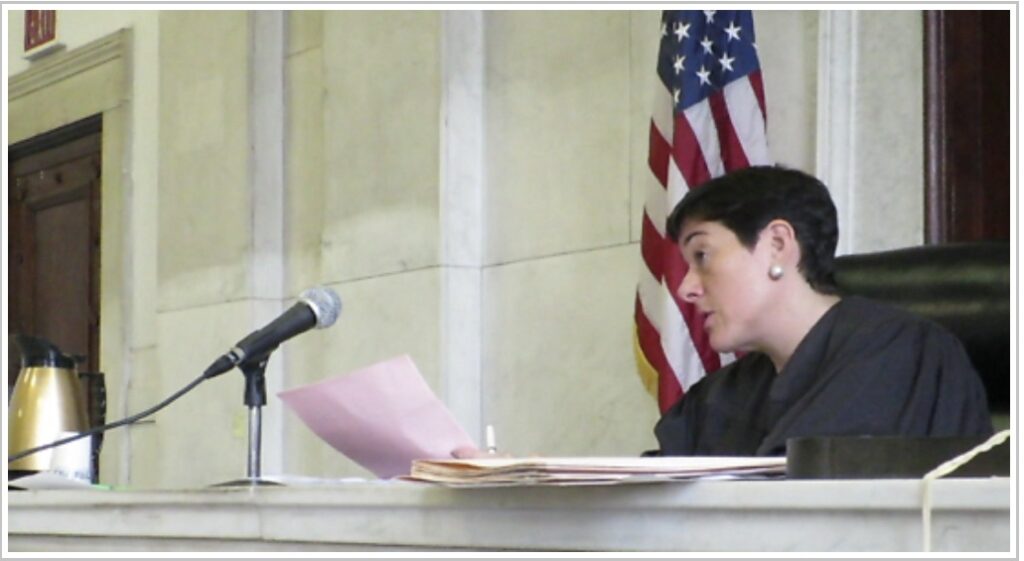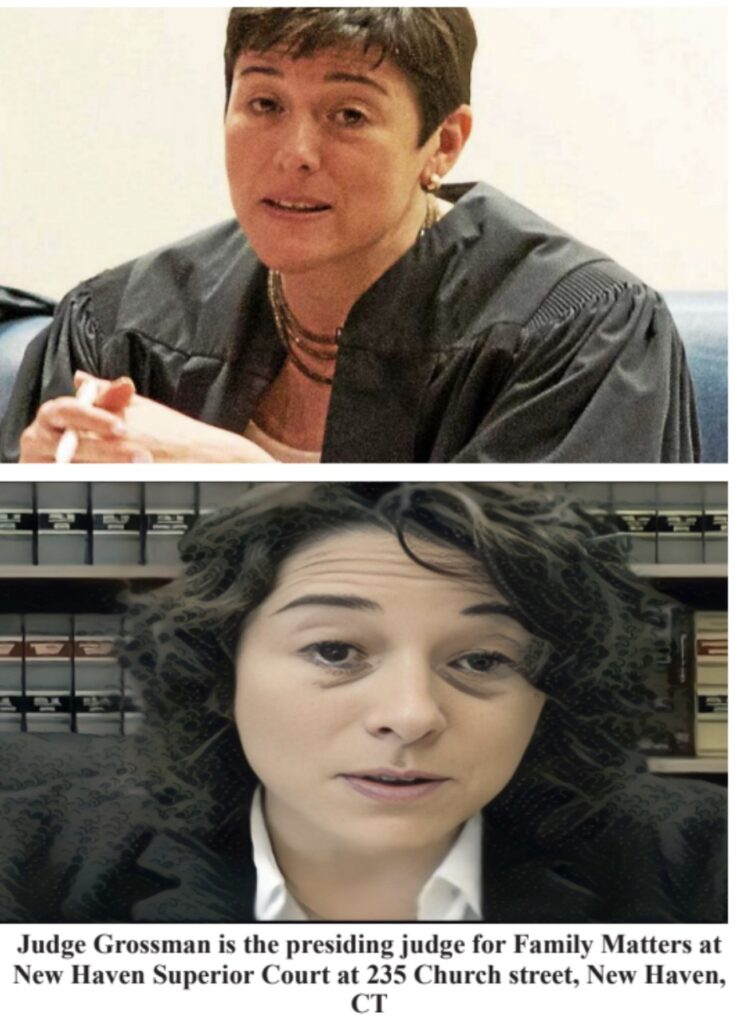
New Haven, CT – The judicial conduct of Judge Jane Kupson Grossman from the New Haven Superior Court in New Haven, Connecticut, has raised serious concerns among Connecticut residents. Reports and complaints have surfaced, suggesting that Judge Grossman has been removing children from their mothers without substantial evidence of abuse, neglect, or any form of wrongdoing.
According to court documents from a 2023 case, Judge Grossman’s decisions have led to multiple federal lawsuits. Critics, including affected parents and legal experts, argue that her rulings reflect a disturbing pattern of unjustified child removals.
A notable case reported in a 2020 article from the Foundation for Child Victims of the Family Court highlighted a complaint against Judge Grossman, detailing her alleged disregard for due process. The article included statements from parents and advocates who questioned the ethical implications of her decisions.
In an in-depth piece by Artvoice in 2022, the plight of three children separated from their mother due to Judge Grossman’s ruling was brought to light. The article underscored the emotional and psychological impact of such separations on families.
The Connecticut Post, in a 2021 article, delved into the complexities of one of Judge Grossman’s cases. The report quoted a legal expert who criticized the judge for her handling of evidence and the apparent bias in her rulings.
Furthermore, a biographical overview provided by the Office of Chief Public Defender revealed Judge Grossman’s extensive legal background.
However, this professional history contrasts sharply with the concerns raised in a 2021 Stop Probate Fraud blog post, which accused her of perpetuating family court fraud.


These reports include firsthand accounts from parents who felt victimized by the legal system under her jurisdiction.
Amidst this controversy, Governor Ned Lamont and the Judicial Review Committee have remained notably silent, further fueling the public’s demand for accountability and transparency in the judicial system. The FCVFC, in their detailed analysis of Judge Grossman’s conduct, stated,
The pattern of rulings by Judge Grossman raises serious questions about the fairness and objectivity expected in our judicial system.” This statement encapsulates the growing unease among those who have scrutinized her decisions closely.
In the Artvoice report, a mother affected by Judge Grossman’s ruling expressed her distress: “I never imagined the court would separate me
from my children without any concrete evidence. It’s like living in a nightmare.” This poignant testimony highlights the emotional toll of
the judge’s decisions on families. The Connecticut Post also quoted a legal analyst who raised concerns about Judge
Grossman’s handling of evidence in court: “The approach taken in these cases seems to ignore standard judicial procedures and the fundamental rights of parents and children.”
Further intensifying the scrutiny, the Frank Report published statements from affected families and legal experts.
One parent remarked, “It’s not just about my case. It’s about how the system, led by figures like Judge Grossman, fails to protect the very children it’s supposed to safeguard.”
Amidst these revelations, questions also arise about the broader implications of Judge Grossman’s conduct for the Connecticut judicial system. Despite the mounting criticism, official responses from
higher authorities, including Governor Lamont and the Judicial Review Committee, remain minimal. This silence has only intensified calls
for a thorough investigation and review of Judge Grossman’s judicial conduct.
The depth of concern surrounding Judge Grossman’s rulings is further illuminated by the specific cases and testimonials that have emerged. According to a detailed account in the Foundation for Child Victims of the Family Court’s report, one parent described the ordeal as “not just a miscarriage of justice, but a systematic erosion of family rights.”
This statement underscores the perceived gravity of Judge Grossman’s actions in the eyes of those directly affected.
An in-depth analysis by Artvoice revealed the harrowing
story of a family torn apart by what was described as “a decision devoid of empathy and legal justification.” The mother in this case was quoted as saying, “The court didn’t just take my children; they shattered our entire world without a shred of substantial evidence.”
The Frank Report quoted a therapist who had observed several cases presided over by Judge Grossman. The therapist remarked, “What I’ve seen is a disturbing pattern where the best interests of the child are overlooked in favor of inexplicable judicial decisions.”
A notable piece in the Stop Probate Fraud blog highlighted the broader impact of these cases, with a legal scholar commenting,
“When a judge repeatedly makes questionable decisions, it’s not
just the families that suffer. The ripple effect on the community’s trust in the legal system is profound and damaging.”
Despite these numerous reports and firsthand accounts, the lack of a formal response from Governor Lamont and the Judicial Review Committee has been a source of frustration for many. A legal advocate, quoted in a Frank Report article, stated, “The silence from our state’s
leaders in the face of such serious allegations is deafening and deeply concerning.”
As these stories and critiques accumulate, they paint a troubling picture of Judge Grossman’s tenure in the New Haven Superior Court. The severity and consistency of the allegations suggest a pattern that goes beyond isolated incidents, raising critical questions about judicial
conduct and accountability. The Plymouth Connection, recognizing the significance and sensitivity of these issues, reiterates its commitment to providing a platform for those affected by Judge Grossman’s rulings.
We invite our readers and community members who have experienced similar situations to share their stories. By bringing these narratives to light, we aim to foster a deeper understanding and, ultimately, drive
meaningful change in our judicial system. Please contact us at connectionpressreleases@gmail.com to share your story.




Sociopaths in suits and robes.
The state is aware and does nothing. There have been more than 30 complaints on her with the JRC and they will not even entertain a single one of them. Who is she accepting money from?
Many complaints to the judicial board about her have been ignored…follow the money.
This behavior actually ultimately caused one mother to become so distraught that her health and well-being became so compromised that she died. These judges should not be allowed to make any decisions to remove children from either parent without an evidentiary hearing that concludes unfitness of a parent by a proper agency.
Has anyone looked into the extensive number of properties her and her husband Jonathan Kupson have been involved with? Money laundering?